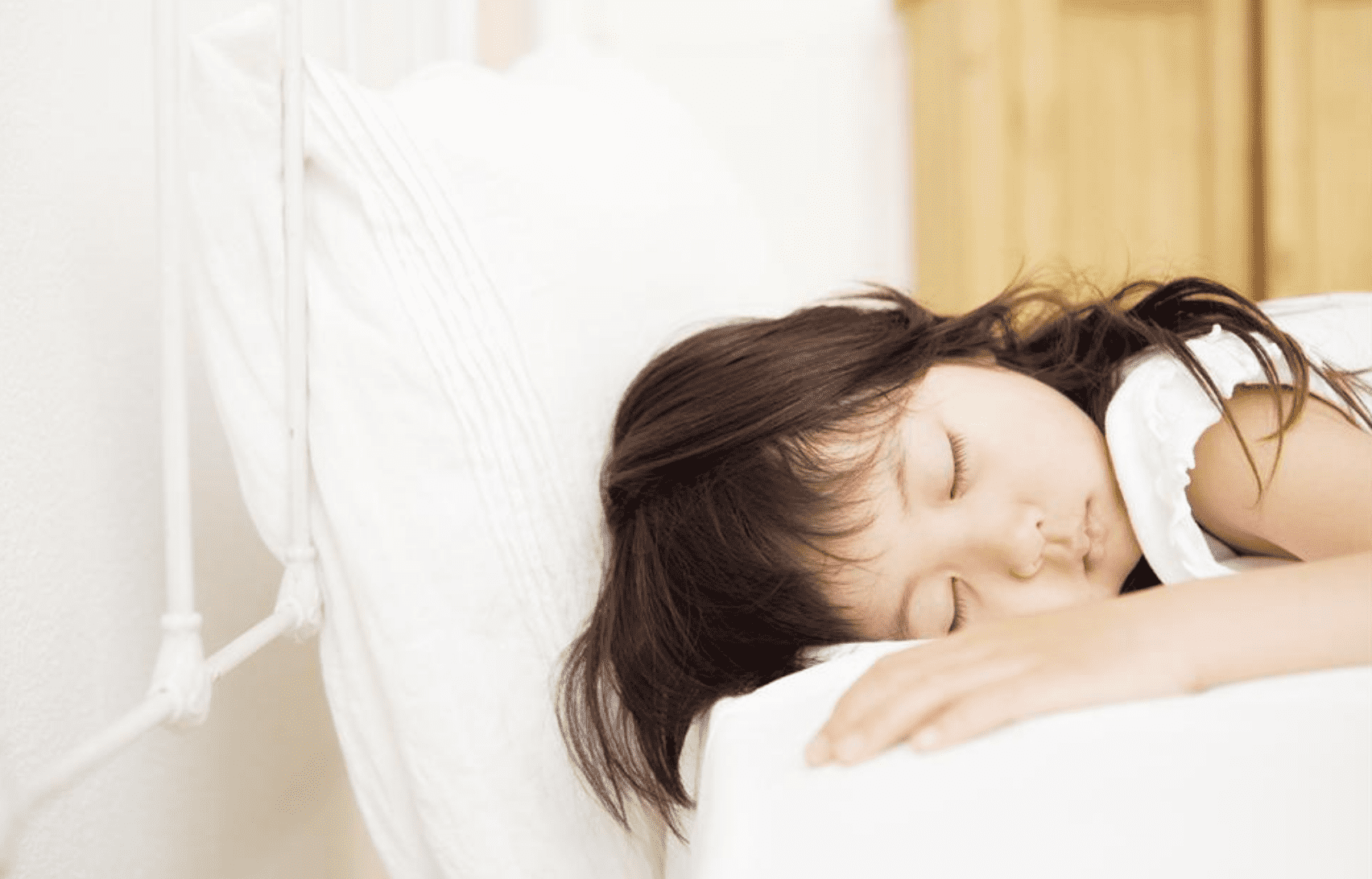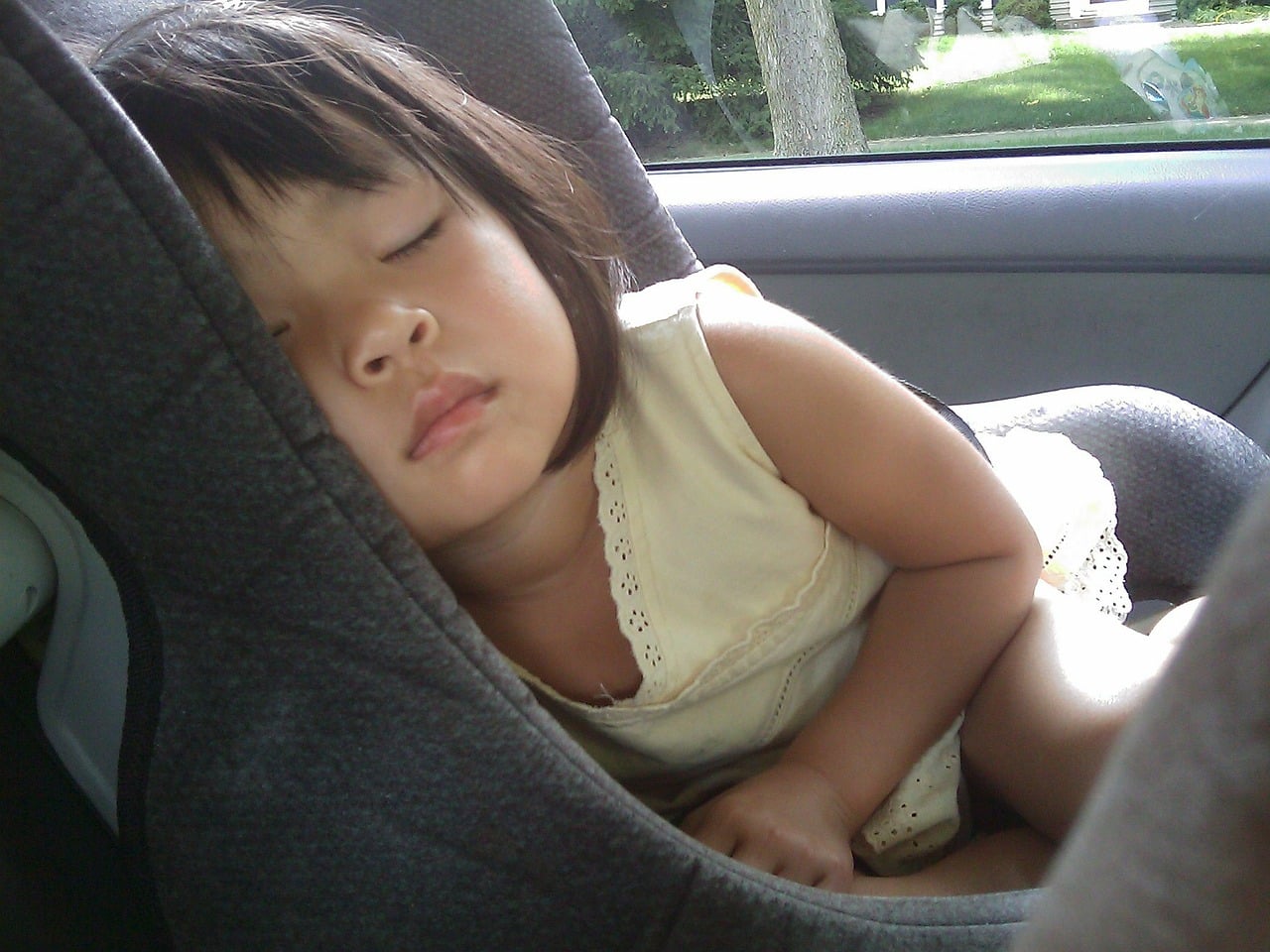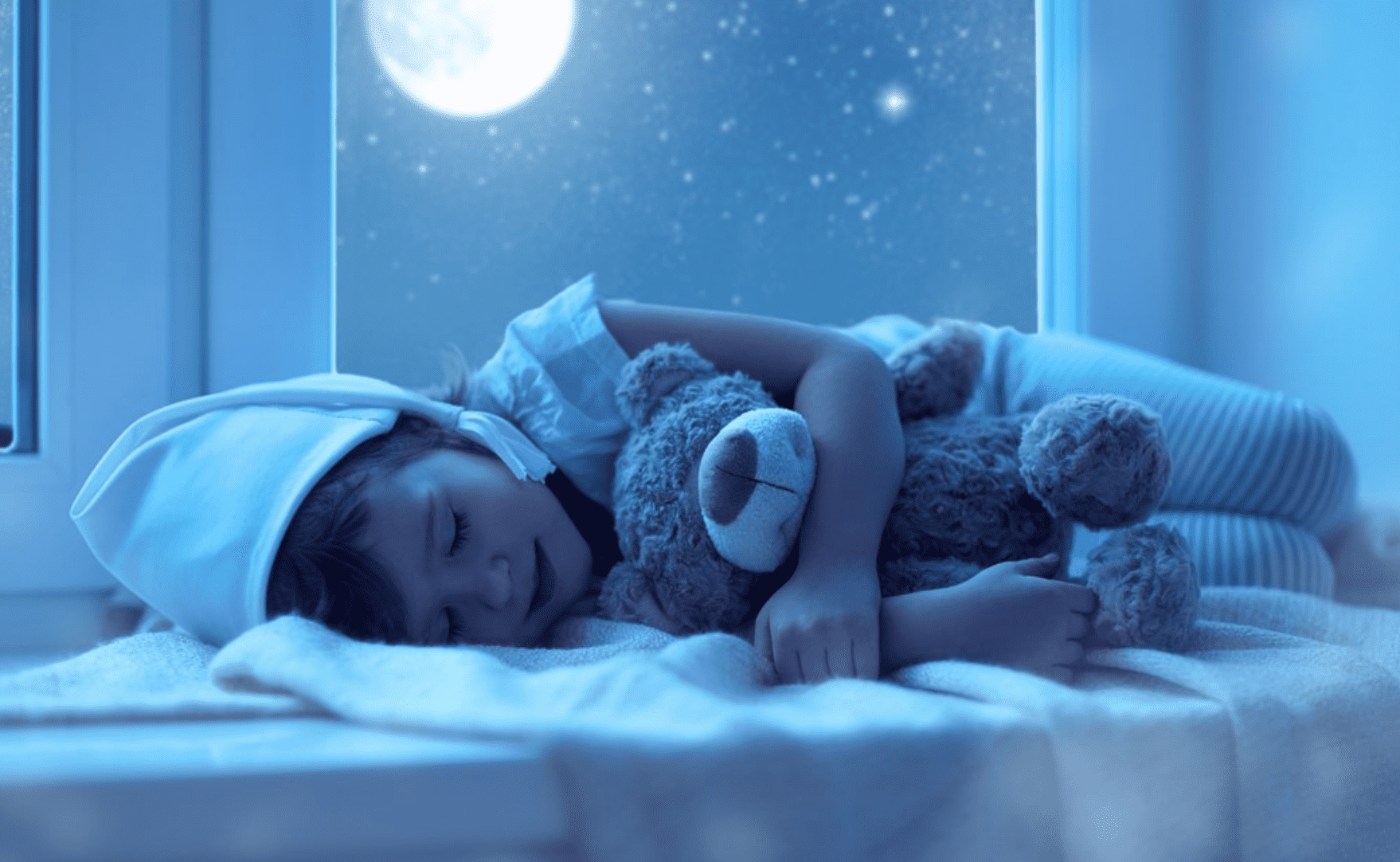
Sleeping is a very important part of every person’s daily routine.
After a busy day of doing a lot of activities, the body will need to recharge its batteries with energy-rich food and a good night’s sleep. When you wake up in the morning, you will feel refreshed and ready to face the day.
However, in recent years, it is becoming common for many people to lose precious sleeping time because of their gadgets.
For children, this problem is quite troubling because several studies are now revealing that lack of sleep due to gadget use before bedtime affects them in many ways.
How much sleep should children have?
Several studies and experts vary when it comes to determining just how much sleep a person should have every night.
For children, the amount of sleep they need varies based on their age and how well they tolerate having a short sleep.
Here is a short guide to help you out:
• Newborns
For newborn babies, it is required that they sleep at least 13 to 14 hours every day and it can go even up to 18 hours. By the time they reach 1 year old, they should at least have sleeping time of about 12 to 14 hours a day.
• Toddlers
From one to three years old, they should have a daily sleep average of 11 to 13 hours. This will include their usual naps in the afternoon.
• Preschoolers
Once your child reaches three years old, they will need to sleep for at least 10 to 12 hours every day. However, you must reduce their naptimes to one every afternoon or stop their naptime.
• Primary school kids
For kids ages 6 to 12 years old, they should be able to sleep from 9 to 10 hours every day.
The relationship between sleep and your child’s health
It has been proven by several scientific studies that sleep enables a person to perform better the next day and help them focus better.
For kids, having enough sleep is important so their entire body can function at their very best. It would also assist in helping their brains grow and develop properly.
Here is a short rundown of how good sleep helps your child’s health:
- Adequate sleep helps your child’s body to heal and repair their blood and heart vessels as it will enable oxygen to travel through the body better and calm their body. If they lack sleep, it can pose risks in the future such as heart diseases, high blood pressure, and diabetes.
- Having good sleep enables kids to have a steady and healthy balance of hormones that would help them determine if they need food (ghrelin) or if they are filled (leptin). Lack of sleep disrupts the balance of these hormones and causes children to become hungrier than before. As a result, they might be at risk of obesity.
- As your child goes into a deep slumber, a special hormone is released into the body that ensures your child grows healthy and ensure their muscle mass, cells and tissues develop properly.
- Good sleep also helps ensure that the body’s immune system remains active and healthy.
What will happen if your child does not have enough sleep?
If your child does not get enough sleep, even if they lack just an hour of sleep, it can affect how your child will perform the next day.
Other studies also highlighted that sleep deprivation can affect your child’s educational performance and learning. Your child’s physical health would also be at risk, especially as they grow older.
If you want to see if your child is sleep-deprived, they may show the following behavior and signs:
- They perform slower during cognitive tasks
- They make poor judgment
- They are inattentive
- They cannot make sound decisions
- They tend to be unmotivated
- They tire easily or show signs of fatigue
- They tend to look agitated or irritated about something
- They show signs of not being able to keep up the things around them.
Can sleep deprivation affect your child’s performance?
Considering the signs and behavior your child will exhibit when they are sleep deprived, it will definitely affect their performance, especially in school.
First of all, during their classes, your child will be unable to focus on their lessons because their focus isn’t perfect. Their attention would be mostly drawn elsewhere, namely getting some sleep, and it will cause them to miss important details about their lessons. Their problems on focus and attention may also disable them from completing any task given to them in the classroom.
When your child gets home, they would not be able to recall their lessons properly because the lack of sleep will disable their brain to take in information. Studies show that children – and adults – form memories better when they sleep. If they are not sleep deprived, they will be able to recall the previous day’s events better than those who are sleep deprived.
Finally, lack of sleep can also cause your kids to become hyperactive. Their attention would not be at the same place, which then affects their concentration and focus. Once all the energy is used, they will immediately shut down and showcase signs of fatigue. For some kids, they may fall asleep on their own if they are stationary.
How can you help your kids get enough sleep every day?
If you see the signs that your child is sleep deprived, do not panic because there are ways you can apply to help them get enough sleep.
Here are some tips to get you started:
- Make sure that your child’s bedroom is dark, quiet and cool to allow your kids to go to sleep naturally. If it helps, you can add some background music playing softly in the background to lull your child to sleep.
- Make sure that gadgets and other distractions like computers or television are shut down or not in the room at all. Some studies show that it is best that children – and adults alike – should not use their gadgets before bedtime because it can affect sleep quality.
- Help your child develop a sleeping routine that would help them relax before bedtime. You can read them books, sing them lullabies and just talk to them softly to hush them to sleep. You can also give them a bath so they feel cooler and refreshed before heading to bed.
- Establish a regular sleeping and wake up time for your kids to practice their body get used to the schedule. Make sure that you stick to the schedule, especially during the weekends or holidays. If there are instances your schedule needs to be broken, ensure that you give your child time to sleep during the weekends.
- If your child takes daytime naps, make sure you do not schedule them late because it will affect their sleeping schedule. For primary school kids, you can schedule their naps in the early afternoon after lunch.
If these tips do not work, you can consult your child’s pediatrician or a sleep psychologist to help you out in determining why your child has sleep problems.
Conclusion
Children need all the help they can get to ensure that they grow healthy and learn all the things they need to develop, especially when combatting sleep deprivation. If they are sleep deprived, it disables them from understanding their lessons during school and primary school tuition classes and growing up to be big and strong.
As parents, we must ensure that our child gets their good night sleep every day and not lose any sleep. When you see your child exhibiting signs of sleep deprivation, act immediately and help them recover the sleep they lost.
Every second count, so take an active role and help your kids develop a healthy sleeping habit today!
For more primary school articles, you may find these interesting:
8 Ways To Prepare Young Students For Singapore Primary 1 Mandarin Mother Tongue
Is Your Child Study-Ready For Singapore Primary 1?


